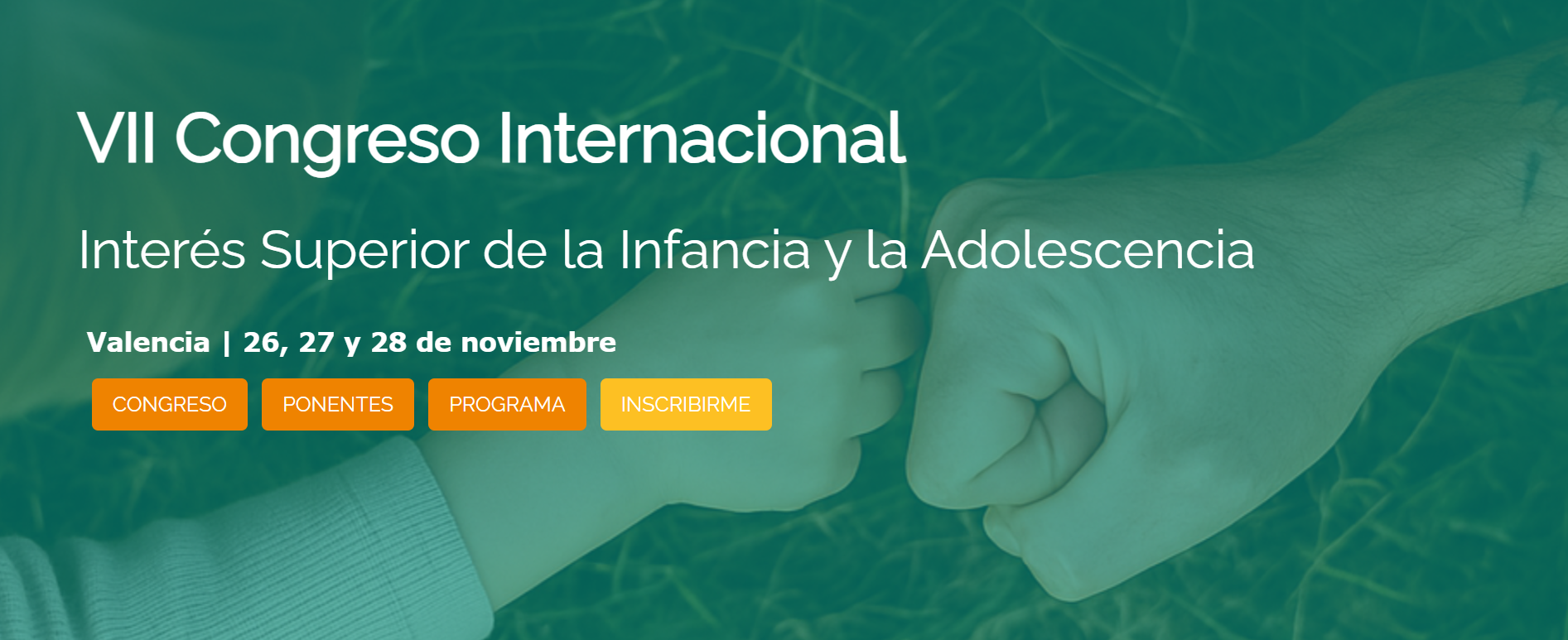Eurochild and UNICEF to develop a study on children in alternative care across the EU
Eurochild is partnering with UNICEF Regional Office for Europe & Central Asia to coordinate a 12-month study aimed at mapping data collection systems on child protection across 27 EU Member States.
There is an unacceptable lack of data on children without or at risk of losing parental care in Europe today. What data is available is typically not disaggregated, for example by age, gender, disability. Where data is available, monitoring continues to be haphazard and often relies on the work of NGOs to fill in the gaps, such as what we have tried to accomplish with our partners in the Opening Doors for Europe’s children campaign country factsheets in recent years.
For over a decade now, Eurochild has been working on addressing these gaps around data for children in alternative care. In 2009, we carried out a survey of the situation of children in alternative care in Europe through its member organisations. 30 European countries participated, including the 4 nations of the UK and Moldova. The survey was not intended to be a scientifically rigorous research exercise but rather to identify what information is readily available and to note some common trends across Europe. However, we are both pleased and worried that this survey remains relevant today.
In brief, the lack of recent quantitative data on children without or at risk of losing parental care is a major obstacle in the development and implementation of comprehensive deinstitutionalisation strategies. Indeed, the systematic collection of accurate data on the numbers and characteristics of children in care, the root causes of institutionalisation and the function of the child protection system as a whole is crucial and can help ensure better policies, improve the state’s ability to protect and promote children’s rights and lead to sustainable reforms. With these challenges in mind, in 2020 Eurochild, in partnership with UNICEF, will map the child protection data collection systems across 27 EU Member States.
The study will build on the findings of a feasibility phase, which mapped the systems and corresponding data available in 4 EU countries (Bulgaria, Estonia, France and Ireland). Importantly, this research is expected to take an advantage of the window of opportunity offered by a new EU legislature, as well as the Child Guarantee Initiative, which the incoming European Commission (2020-2024) has identified as one of its political priorities.
For more information on this upcoming project, please contact our Senior Project Manager Agata D’Addato at the Secretariat at agata.daddato(at)eurochild(dot)org.
Read the 2019 survey




